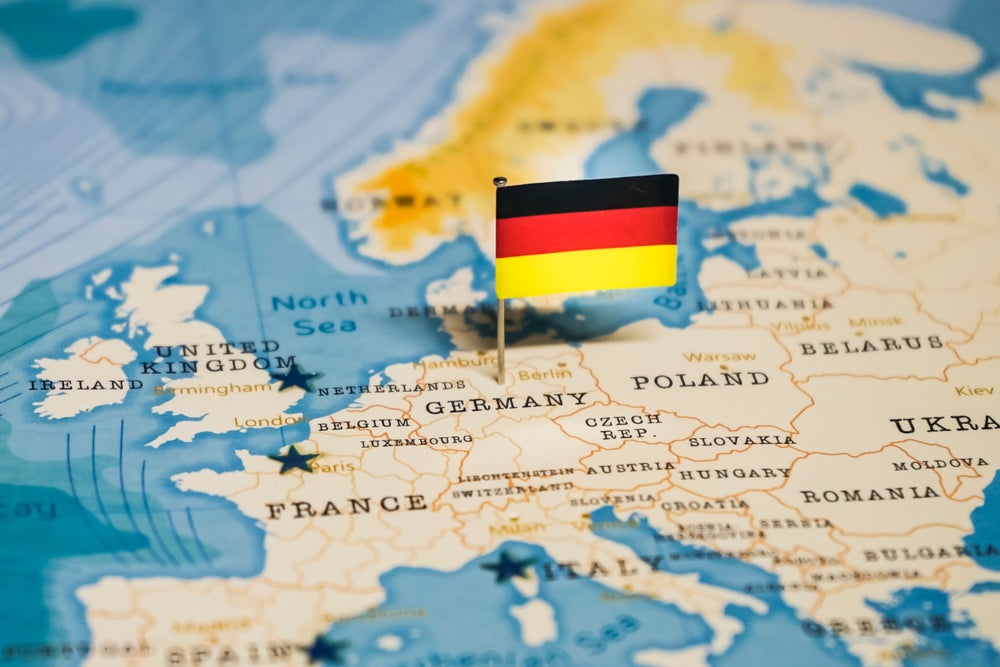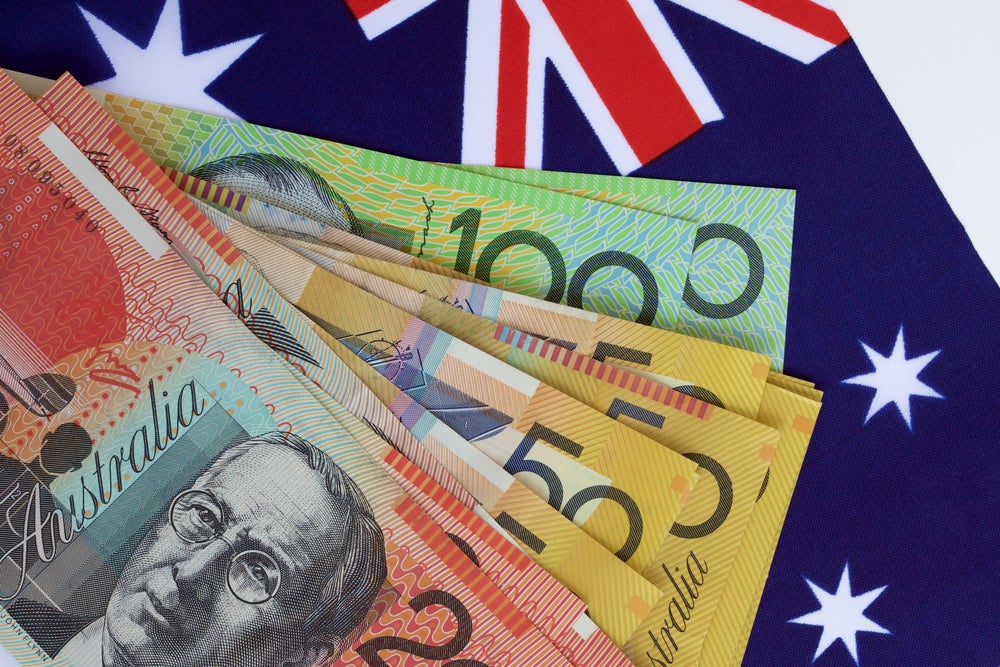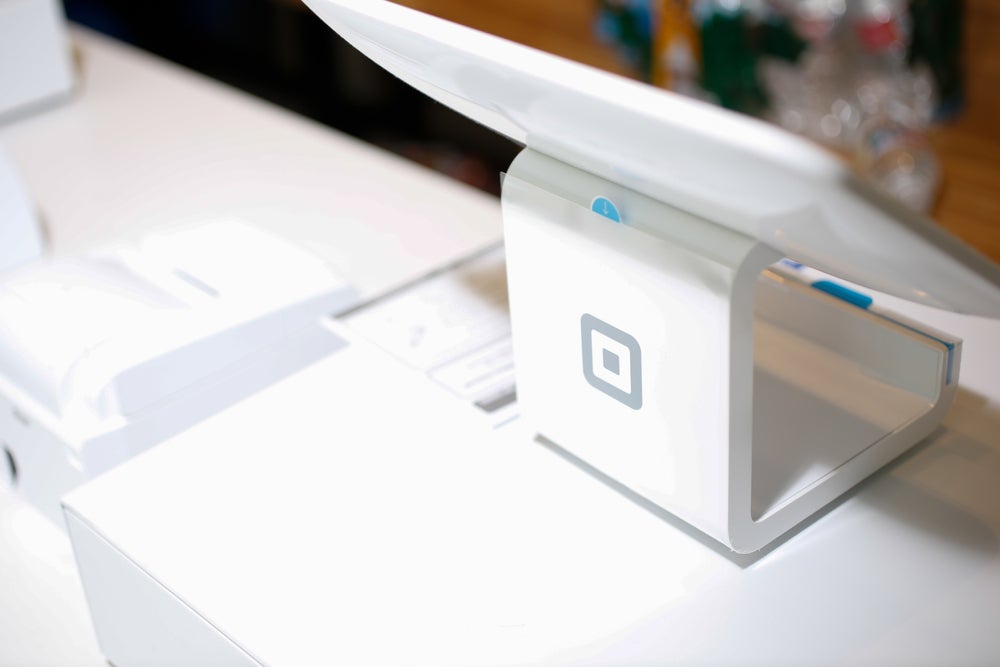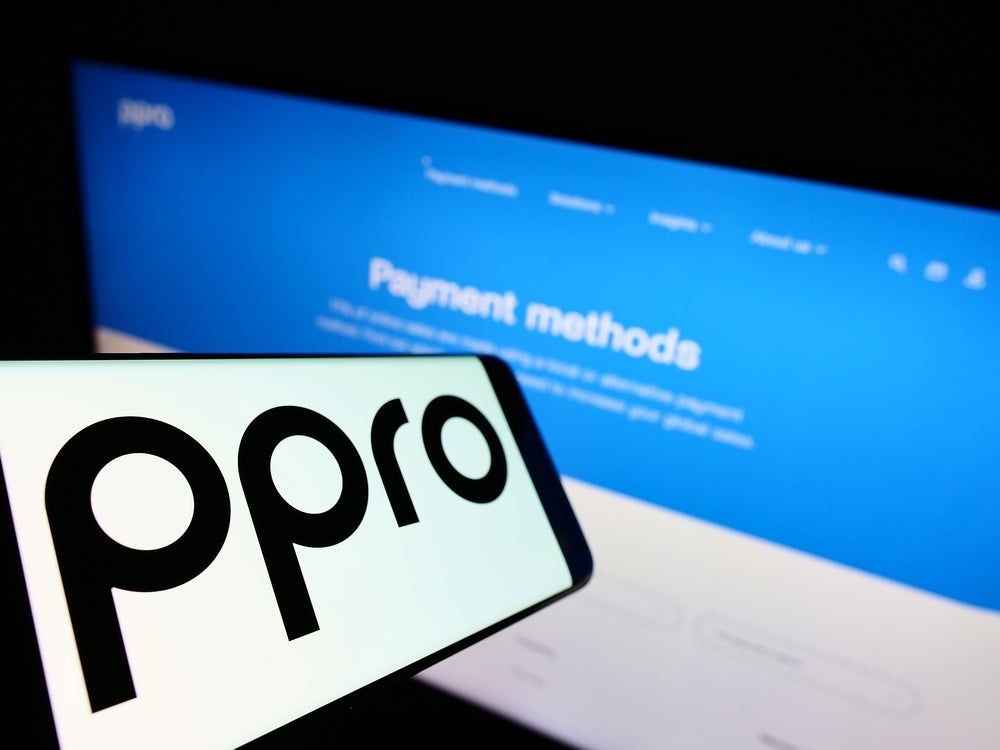
A new law introducing regulations for mobile payments in Brazil has been approved by Dilma Rousseff, the country’s President.
The Brazilian government had made public plans to regulate mobile payments in a May 2013 bill, calling for common standards and heightened interoperability between the various payment schemes active in the country.
Approved in September 2013, the new law is centred on a purposefully created organism, the ‘payment institution’.
Governed by the country’s central bank, the payment institution will regulate the entire electronic payment value chain.
According to the law, over the next 180 days the Brazilian Central Bank must establish rules for mobile payment operators.
The newly set-up payment institution will allow low-income customers to carry out mobile payments and banking transactions.
How well do you really know your competitors?
Access the most comprehensive Company Profiles on the market, powered by GlobalData. Save hours of research. Gain competitive edge.

Thank you!
Your download email will arrive shortly
Not ready to buy yet? Download a free sample
We are confident about the unique quality of our Company Profiles. However, we want you to make the most beneficial decision for your business, so we offer a free sample that you can download by submitting the below form
By GlobalDataDespite decreasing income gaps in the country, according to the World Bank, inequality continues to be relatively high for a middle-income country and remains at the centre of government policy efforts.
In 2011, President Rousseff launched the ‘Brazil Sem Miséria’ programme, aimed at eradicating extreme poverty throughout the country by 2014.
Among the plans contained in the programme is the extension of a cash transfer programme founded by previous President da Silva, Bolsa Familia and the inclusion of a further 320,000 people by the end of 2013.
Related articles:
Brazil’s Senate approves m-payments bill
Brazil to allow commercial m-payments
MasterCard and Telefónica to launch m-payments service in Brazil







